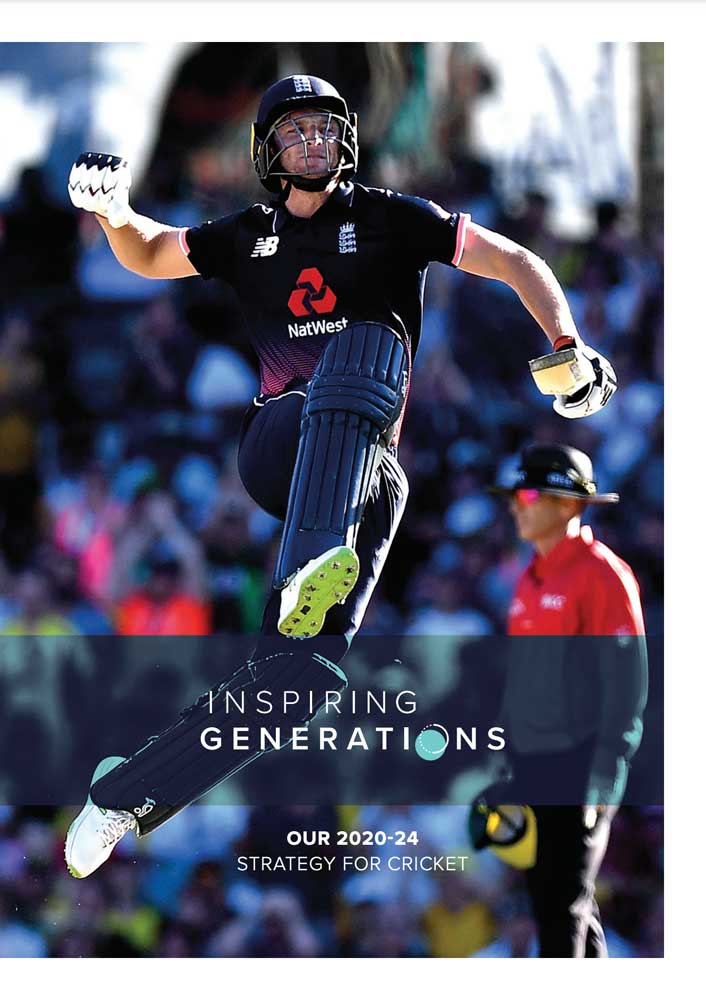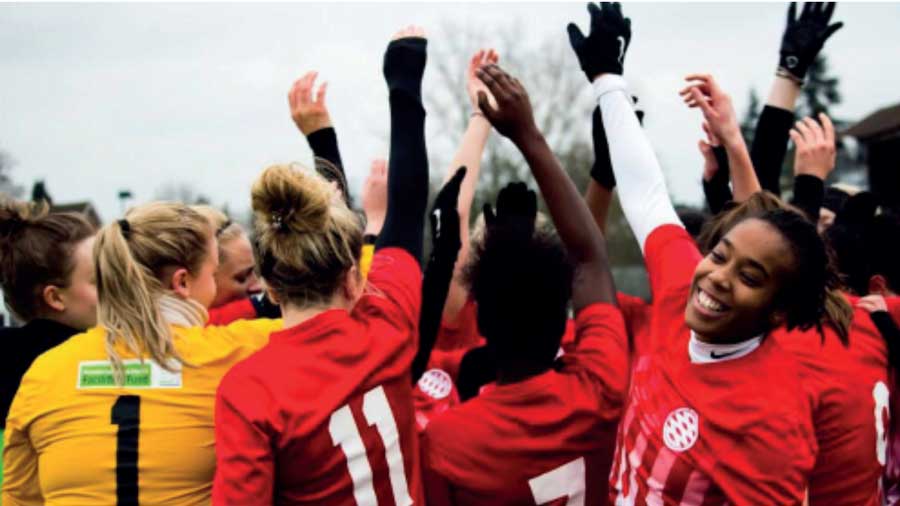Cricket and communities
Cricket has the power to unite diverse communities but it needs local authority support to address lack of funding and deteriorating facilities at grassroots level

GROWTH, DEVELOPMENT & REGENERATION
Image: Abdul A. Ravat and the Vatican's St Peter's Cricket Club at Headingley

Abdul A. Ravat
Non-Executive Director and Community Cricket Campaigner
As summer arrives, the winter has been anything but gentle in the world of cricket. The issues raised by the Azeem Rafiq affair at Yorkshire County Cricket Club (YCCC) cast a grave shadow over the game. This was reflected in the DCMS Select Committee report on racism in the sport, and the necessary work to implement England & Wales Cricket Board’s (ECB) 2021 action plan on equality, diversity and inclusion.
But for most of us steeped in grassroots cricket, there is an even bigger divide in facilities, opportunities and access to funding that needs urgent attention and action to level up. Critical to this is the role of local authorities in enabling communities reliant on public spaces to play the game and bring forward the next generation of Adil Rashid, Natalie Schiver and Sophia Dunkley.
Igniting passions
My most precious moment in cricket was at Headingley in September 2016 as part of a rather different T20 encounter under the ‘Light of Faith Tour’ when my little Mount Cricket Club, based in Batley, West Yorkshire, took on the Vatican’s St. Peter’s Cricket Club for the Sir John Major ‘Friendship Cup’. This opened up a whole new chapter for the ground and in inter-faith contest.
The tour was a huge success, exceeding all expectations in bringing together people from different faiths, communities and cultures through cricket. The bedrock of cricket in Yorkshire is at grassroots, as it is throughout England.
The sport has the power to ignite passions and bring people together. It provides the foundation for progressing in the game at every level, from children picking up bat and ball for the first time at schools and clubs, to future county and national heroes developing their skills at the highest levels.
Addressing criticisms
The ECB is keen to address recent criticisms, including those specifically in relation to the YCCC affair, and to affirm its fitness to continue its role as the sport’s arbiter on governance matters.
A review is expected to focus on transparency of decision-making, financial viability, operations and performance against the ambitions set out in the 2019 game-wide strategy ‘Inspiring Generations’.
In addition, there needs to be a demonstrated refusal to tolerate racism and discrimination, and to promote a positive and thorough approach to equality, diversity and inclusion.
Funding challenges
Among the challenges faced, there are genuine concerns about the lack of funding options available for clubs and grassroots organisations. Since Sport England, ECB and other organisations receive funding from the National Lottery, i.e. which is seen as based on gambling, many clubs, including my own, will not accept this money from a point of ethical principle. Consequently, a systematic state of perpetual inequity and discrimination has been created which has been exaggerated by a prolonged period of austerity and the pandemic.
Some clubs are not in a position to attract significant corporate contributions, and cannot generate income from sources such as a licensed bar. They also cannot secure grant support from programmes derived solely from lottery funding. Representatives from other faiths have contacted me to lend their support as they too question the moral validity of only having access to funding from gambling sources.
Sport England did agree to fund clubs like ours directly from Exchequer contributions rather than the National Lottery during the pandemic to meet core costs as part of its ‘Community Emergency Fund’. However, it is plainly early days for this new approach and only a handful of applications were supported through the Exchequer route.
We look forward to this change in approach being publicised nationally and widened to tackle the lack of disparity when it comes to capital projects to improve basic facilities. A clear pathway should be established to address our longstanding need for the substantial capital costs to improve facilities associated with delivering the ECB masterplan at grassroots level, including at our ‘Field of Dream’.
“To achieve local ambitions for communities, local councils need to prioritise investment in sport.”
Important role
While recognising that local authorities are under significant financial pressure, it is important to appreciate the important role that sport can play in communities and in levelling up. To achieve local ambitions for communities, local councils need to prioritise investment in sport.
The ECB’s South Asian Action Plan was designed to address several key gaps including a lack of opportunities for certain communities to engage with cricket. The aim was to remove barriers to participation and develop stronger relationships between stakeholders across cricket and the community. The Leyton Urban Cricket Centre has already been opened, with Bradford identified as another centre venue.
The aims of the plan can only be achieved with strong strategic support from the respective local authorities and significant prioritised funding from Sport England. With support to deliver improved infrastructure for the local community it is possible to reverse the trend in recent times of deteriorating public facilities.
We need more of this local authority leadership to extract Exchequer funding to be deployed across each of the 10 core cities where cricket can have the biggest impact in connecting communities.



